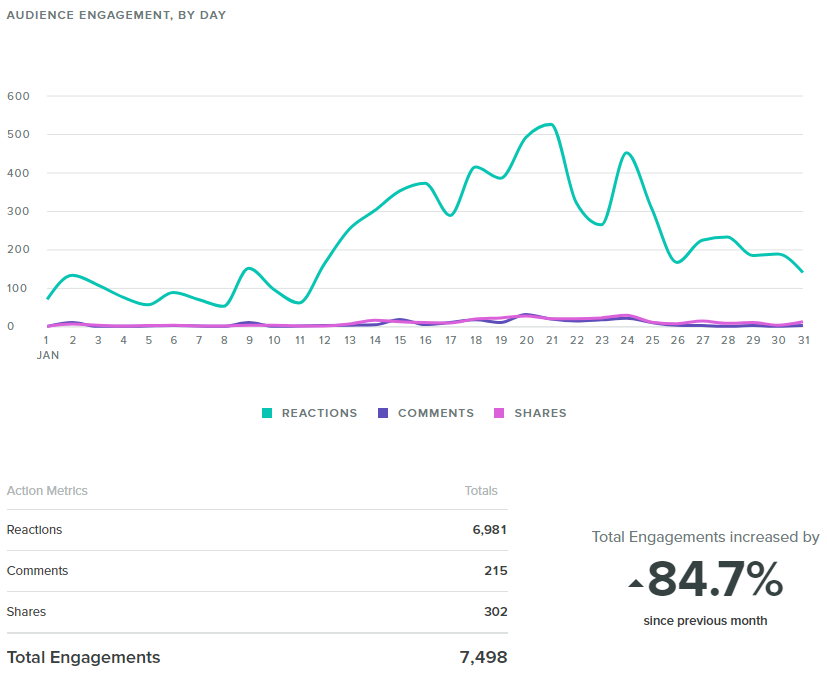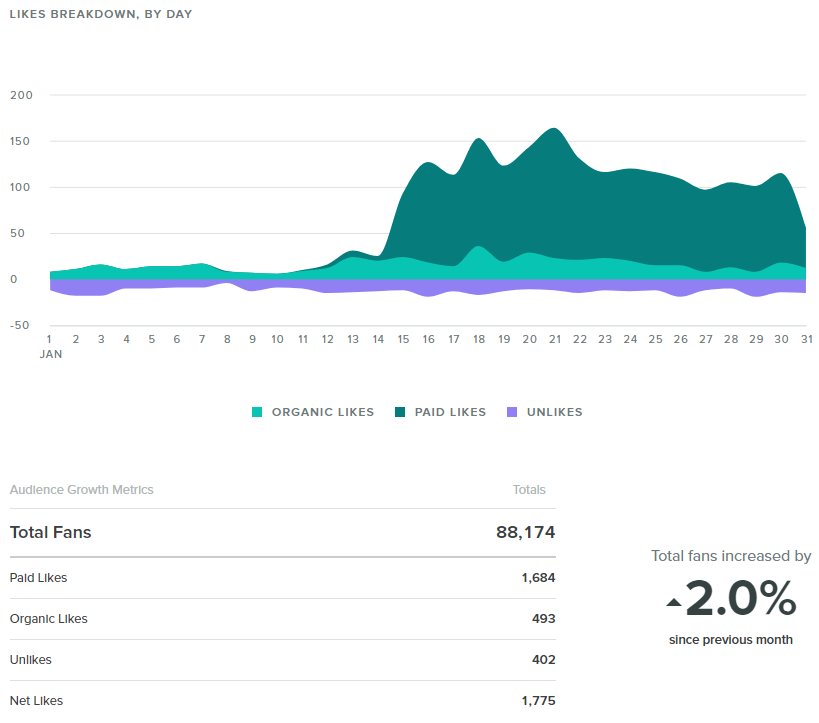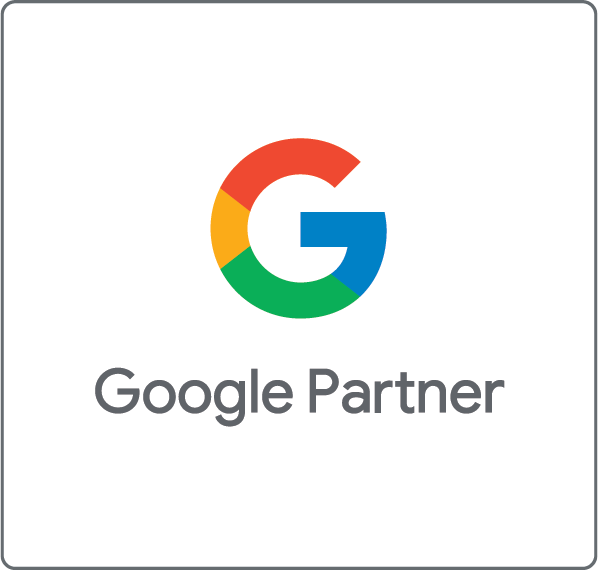How to Measure the Success of Your Brand’s Social Media Program
Social media has enabled companies to understand the behaviors and preferences of their target market on a deeper level than ever before. In gaining this better understanding of their target market, companies can tailor their brand’s marketing approach to appeal to their preferred audience. Although social media marketing is widely utilized, companies struggle with trying to measure the success of their brand’s social media program. Below are six ways that our social media agency specifically measures the success of a brand’s social media program.
1: Set and Use Goal-driven Metrics:
It is essential that you set clear and specific goals to guide your social media branding campaign. These specific goals will clarify what metrics your social media program should be monitoring and measuring. If your goal is to increase engagements on Facebook, your company can set a specific goal for engagements over the next month, make the necessary adjustments to the Facebook posts, and analyze the frequency of engagements in comparison to the frequency of engagements prior to the new campaign on social media monitoring programs, such as Sprout Social. Setting and monitoring your brand’s goal-driven metrics is the best way analyze how your brand’s social media program is performing at any given time.
2: Measure and Analyze Engagement Rates
There are a multitude of ways to measure engagements on your brand’s social media program instead of merely looking to see if your posts got more likes this month than in the last couple of months. In using Sprout, and other community management programs, social media agencies are skilled with measuring your brand’s engagement rate on posts by analyzing questions such as: Out of the total number of impressions, how many of those people are engaging with your posts? How many are clicking to view the post? And, how many are scrolling right past it? When answered, these questions can bring insight on what adjustments need to be made to your social media program.
3: Analyze Your Rate of Response to Customers
A crucial part of maintaining your social media branding and image is interacting with consumers on various social media platforms. Although this task may seem tedious, social media agencies recognize the importance of monitoring and responding to the online community; and make it a priority. Your social media program should evaluate their rate of response to customers on social media within a certain period (24 hours) and take note. If your company does not monitor and reply to the online community in a timely manner, they may be damaging the brand’s image.
4: Use a Tool to Measure Your Paid vs Organic Likes
Business profiles are always offered the option to “boost” of “promote” their post for a fee. Boosting your posts may make it visible to more of your target market, but do you measure how many of the likes you get are organic as opposed to a result of your boost? Do you have a tool to distinguish your unpaid likes from paid likes on Facebook, Instagram, Twitter, etc.? Are you seeing more traffic from one over the other? The answers to these questions are critical for your social media branding program’s success. Social media agencies analyze and evaluate these questions constantly to construct a brand’s campaign toward what is working and away from what is not.
5: Conversion Rate from Visitor to Buyer
Your brand’s social media program will have many different goals. If your company’s goal is to increase sales, measuring the conversion rate from visitor to buyer is a necessity. Simply measuring the percentage of visitors on your page that end up making a purchase will give you great insight on how well your campaign is working. This conversion ratio can be used as a benchmark for future campaigns to see how your brand’s new camping strategy is working in comparison to the one used in the previous months, or even years. This is simple ratio is commonly overlooked by companies but is essential for analyzing sales goals.
6: Verify the Leading Indicators of Outcomes
Typically, companies see that specific engagements (likes, shares, comments, etc.) are very reliable indicators for how their social media strategy is performing and for predicting upcoming sales. There are different tools that a social media agency can use to analyze what type of posts bring the most engagements and, therefore, tailor your social media branding to the consumer’s tastes. The frequency of these specific engagements presents a substantial indication of how consumers will react to your brand. This recognition will also be useful when your company is looking to make sales predictions.








